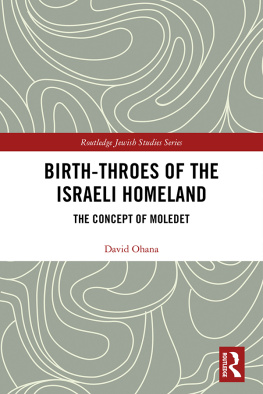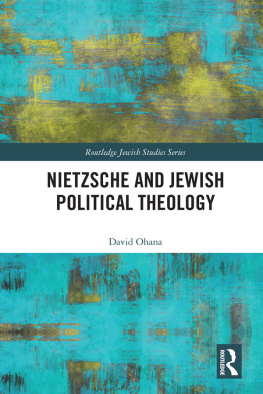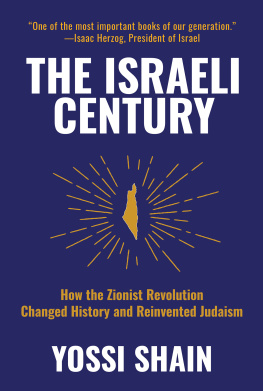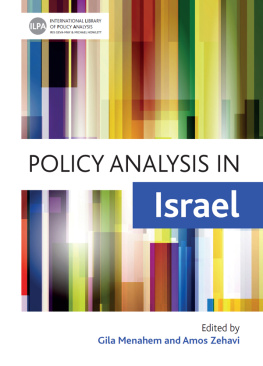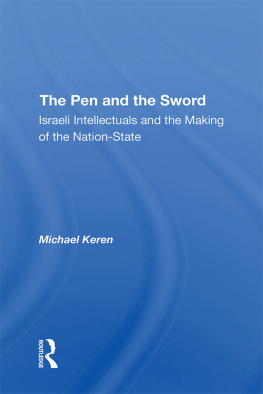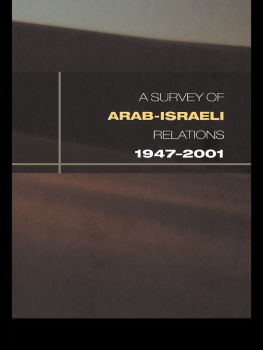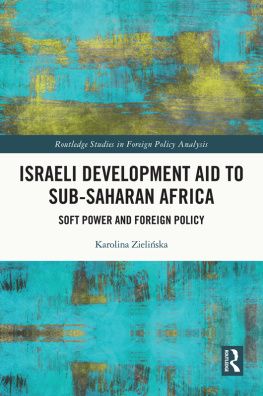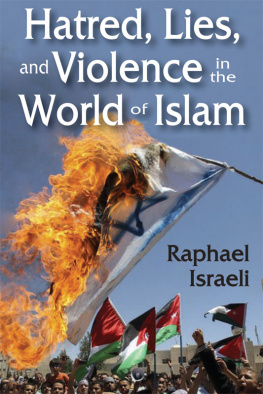Birth-Throes of the Israeli Homeland
The book brings forth various perspectives on the Israeli homeland (moledet) from various known Israeli intellectuals such as Boaz Evron, Menachem Brinker, Jacqueline Kahanoff and more. Binding together various academic fields to deal with the question of the essence of the Israeli homeland: from the examination of the status of the Israeli homeland by such known sociologist as Michael Feige, to the historical analysis of Robert Wistrich of the place Israel occupies in history in relation to historical antisemitism.
The study also examines various movements that bear significant importance on the development of the notion of the Israeli homeland in Israeli society: Such movement as The New Hebrews and Hebrewism are examined both historically in relation to their place in Zionist history and ideologically in comparison with other prominent movements. Drawing on the work of Jacqueline Kahanoff to provide a unique Mediterranean model for the Israeli homeland, the volume examines prominent models among the Religious Zionist sector of Israeli society regarding the relation of the biblical homeland to the actual homeland of our times.
Discussing the various interpretations of the concept of the nation and its land in the discourse of Hebrew and Israeli identity, the book is a key resource for scholars interested in nationalism, philosophy, modern Jewish history and Israeli Studies.
David Ohana studies modern European and Israel Studies. His affiliations have included the Hebrew University of Jerusalem, the Sorbonne, Harvard University, the University of California, Berkeley, and cole des Hautes tudes en Sciences Sociales, Paris and life member at Clare Hall College, Cambridge. He is a full professor of History at Ben-Gurion University of the Negev, Israel.
Routledge Jewish Studies Series
Series Editor: Oliver Leaman, University of Kentucky
Jewish Studies, which are interpreted to cover the disciplines of history, sociology, anthropology, culture, politics, philosophy, theology, religion, as they relate to Jewish affairs. The remit includes texts which have as their primary focus issues, ideas, personalities and events of relevance to Jews, Jewish life and the concepts which have characterized Jewish culture both in the past and today. The series is interested in receiving appropriate scripts or proposals.
The Making of Modern Jewish Identity
Ideological Change and Religious Conversion
Motti Inbari
Charity in Rabbinic Judaism
Atonement, Rewards, and Righteousness
Alyssa M. Gray
Deconstructing the Talmud
The Absolute Book
Federico Dal Bo
The Divine in Modern Hebrew Literature
Neta Stahl
The Holocaust in Thessaloniki
Reactions to the Anti-Jewish Persecution, 19421943
Leon Saltiel
Birth-Throes of the Israeli Homeland
The Concept of Moledet
David Ohana
For more information about this series, please visit:
www.routledge.com/middleeaststudies/series/JEWISH
Birth-Throes of the Israeli Homeland
The Concept of Moledet
David Ohana
First published 2020
by Routledge
2 Park Square, Milton Park, Abingdon, Oxon OX14 4RN
and by Routledge
52 Vanderbilt Avenue, New York, NY 10017
Routledge is an imprint of the Taylor & Francis Group, an informa business
2020 David Ohana
The right of David Ohana to be identified as author of this work has been asserted by him in accordance with sections 77 and 78 of the Copyright, Designs and Patents Act 1988.
All rights reserved. No part of this book may be reprinted or reproduced or utilized in any form or by any electronic, mechanical, or other means, now known or hereafter invented, including photocopying and recording, or in any information storage or retrieval system, without permission in writing from the publishers.
Trademark notice: Product or corporate names may be trademarks or registered trademarks, and are used only for identification and explanation without intent to infringe.
British Library Cataloguing-in-Publication Data
A catalogue record for this book is available from the British Library
Library of Congress Cataloging-in-Publication Data
Names: Ohana, David, author.
Title: Birth-throes of the Israeli homeland : the concept of moledet / David Ohana.
Description: Milton Park, Abingdon, Oxon ; New York, NY : Routledge, 2020. |
Series: Routledge Jewish studies series | Includes bibliographical references and index.
Identifiers: LCCN 2020001102 (print) | LCCN 2020001103 (ebook) | ISBN 9780367898694 (hardback) | ISBN 9781003021599 (ebook) | ISBN 9781000067422 (adobe pdf) | ISBN 9781000067484 (epub) | ISBN 9781000067453 (mobi)
Subjects: LCSH: ZionismHistory. | IsraelHistory.
Classification: LCC DS149 .O437 2020 (print) | LCC DS149 (ebook) | DDC 320.54095694dc23
LC record available at https://lccn.loc.gov/2020001102
LC ebook record available at https://lccn.loc.gov/2020001103
ISBN: 978-0-367-89869-4 (hbk)
ISBN: 978-1-003-02159-9 (ebk)
Typeset in Times New Roman
by Wearset Ltd, Boldon, Tyne and Wear
Contents
The homeland is the original, primordial foundation of our lives, and it is the object of our deepest feelings, our hopes, fears, consolations. It is the source of life, but it sometimes leads one into a dark hole. The questions it poses are the fundamental questions of the great religions: the lust for life and the mystery of what is after, sacrifice and purification, self-denial and consolidation, where we come from, where we are going. The homeland transforms I into us, experience into memory, a territory into a land, and both into a nation. It is not surprising if modern nationalism, which made a transposition of many of the concepts of religion, sees the homeland as the cradle, the very beginning of the national collective.
The birth-throes of the homeland are not merely a matter of territory or soil, but of lands with an ancient historical association, the source of a deep-rooted national identity. But the birth-throes of the homeland can also be metaphorical. There are some for whom the birth-throes of the homeland are not enough and who long to be connected with a country together with the rest of their people, half of whom do not yet live in the homeland. There are some for whom the birth-throes of the homeland are unlimited and they long to be connected to the global village. There are some who believe that the time has come to settle their dispute with their neighbors by dividing up the homeland. There are some for whom the birth-throes of the homeland are moral, a light unto the nations or chosen people. There are some for whom the birth-throes of the homeland are theological, for the earth is the Lords and the fullness thereof, and there are yet other dreamers of dreams for whom the birth-throes of the homeland have a great variety of meanings.
The birth-throes of the homeland are like an umbilical cord. The homeland is the mother who gives birth to the nation in its land. The homeland imprints on its children a seal that can never be removed. The Uganda project failed because it sought to remove the umbilical cord and the seal, an act which meant the erasure of any affinity between the birth-throes of the homeland and the nation longing to return to its bosom. But in many cases the birth-throes of the homeland are tied to the birth-throes of the Messiah. Sometimes a long expectation of the fulfillment of the birth-throes of a country creates a national frustration that gives birth to messianic longings. Where there are birth-throes of the homeland detached from nation-states and there is a demand to restore them or a demand for ownership, it does not result in neutrality. The existence of neighboring states makes these states into bitter enemies, for one is speaking of a dispute concerning mother earth, the homeland, the nation-state umbilically tied to its progeny the birth-throes of the land. That is how the national controversies and messianic movements in the Sudetenland, among the Basques, in the Balkans and in Alsace came into being. The demand to liberate the ties to the homeland leads to the formation of messianic expectations.

